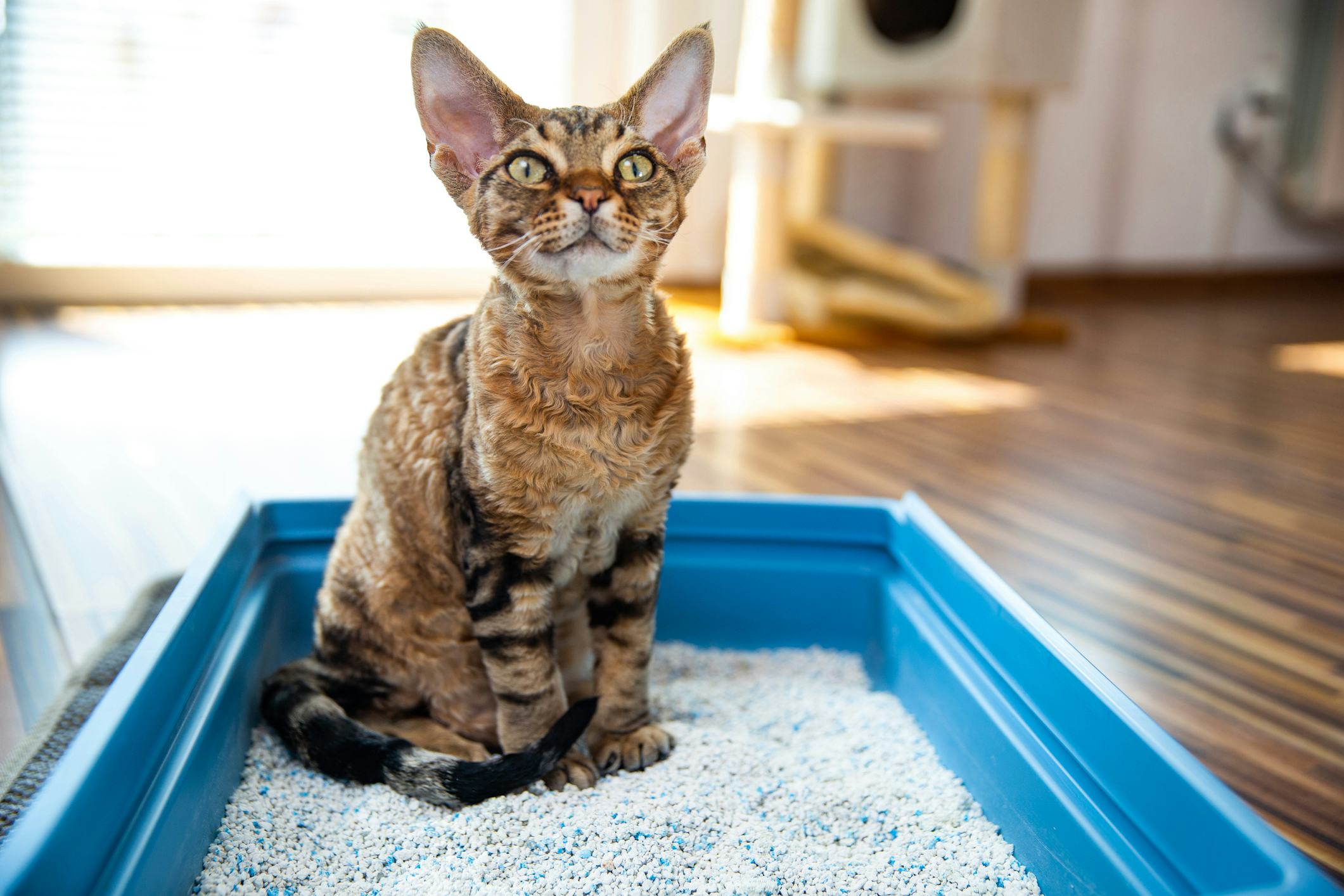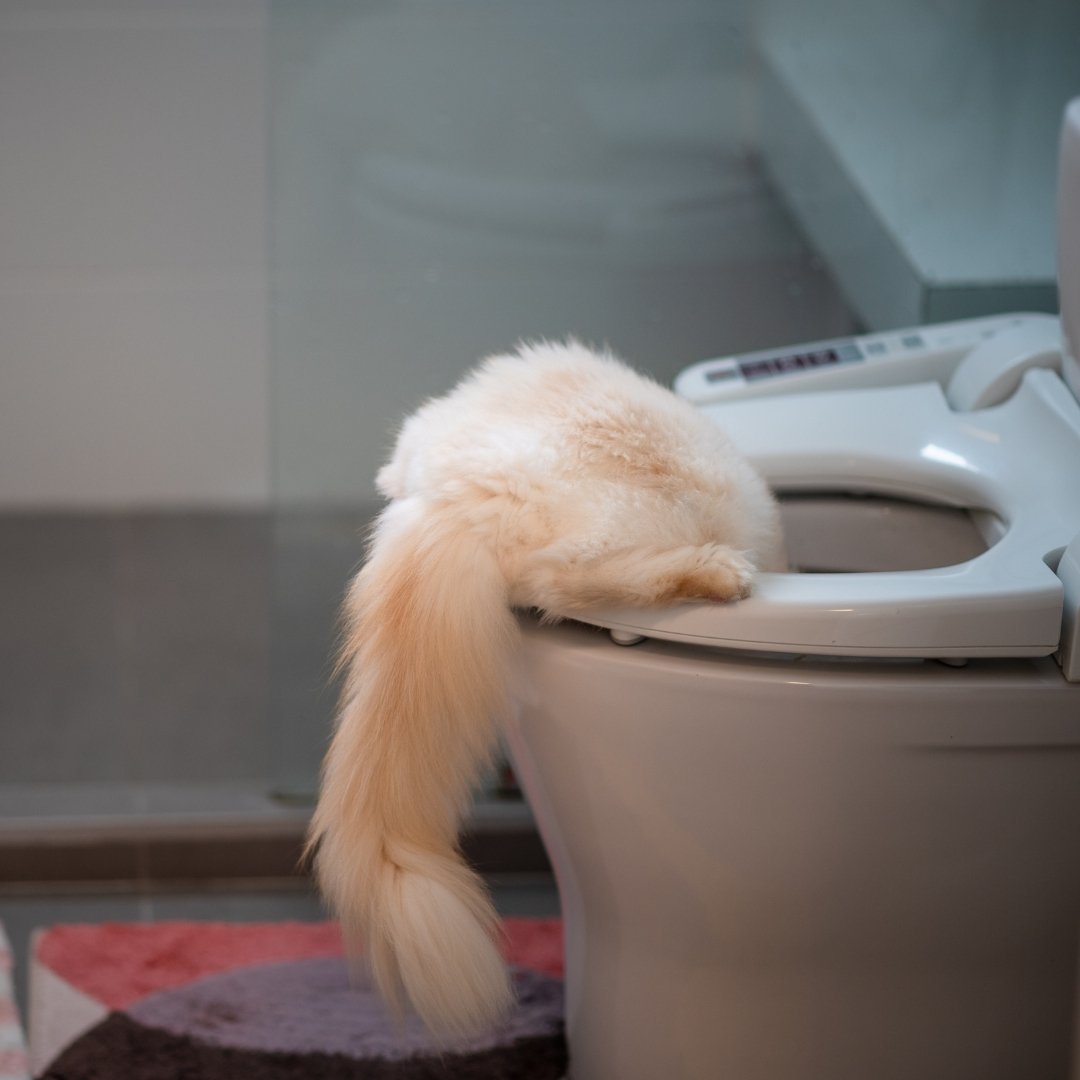Reasons Flushing Cat Poop Down Your Toilet Isn't a Good Idea - Advice for Proper Disposal
Reasons Flushing Cat Poop Down Your Toilet Isn't a Good Idea - Advice for Proper Disposal
Blog Article
This great article in the next paragraphs involving Can You Flush Cat Poop Down The Toilet? is especially compelling. Don't bypass it.

Introduction
As cat owners, it's essential to be mindful of just how we dispose of our feline friends' waste. While it may appear practical to purge cat poop down the toilet, this method can have harmful repercussions for both the environment and human health.
Environmental Impact
Purging feline poop presents unsafe microorganisms and parasites into the water supply, posturing a substantial risk to marine environments. These impurities can adversely impact aquatic life and compromise water high quality.
Wellness Risks
Along with environmental problems, purging feline waste can likewise posture wellness risks to humans. Feline feces might contain Toxoplasma gondii, a bloodsucker that can cause toxoplasmosis-- a possibly serious ailment, specifically for expectant ladies and individuals with damaged immune systems.
Alternatives to Flushing
Fortunately, there are much safer and a lot more accountable methods to get rid of cat poop. Think about the following alternatives:
1. Scoop and Dispose in Trash
One of the most common method of getting rid of cat poop is to scoop it right into a naturally degradable bag and toss it in the trash. Be sure to make use of a specialized litter scoop and throw away the waste without delay.
2. Usage Biodegradable Litter
Go with eco-friendly cat clutter made from products such as corn or wheat. These litters are environmentally friendly and can be safely taken care of in the trash.
3. Bury in the Yard
If you have a lawn, think about burying pet cat waste in a designated area away from veggie yards and water sources. Be sure to dig deep adequate to prevent contamination of groundwater.
4. Install a Pet Waste Disposal System
Buy an animal garbage disposal system particularly designed for pet cat waste. These systems use enzymes to break down the waste, minimizing odor and ecological influence.
Conclusion
Liable animal possession extends past supplying food and sanctuary-- it also includes appropriate waste administration. By avoiding flushing cat poop down the toilet and selecting alternate disposal methods, we can minimize our ecological impact and secure human health.
Why Can’t I Flush Cat Poop?
It Spreads a Parasite
Cats are frequently infected with a parasite called toxoplasma gondii. The parasite causes an infection called toxoplasmosis. It is usually harmless to cats. The parasite only uses cat poop as a host for its eggs. Otherwise, the cat’s immune system usually keeps the infection at low enough levels to maintain its own health. But it does not stop the develop of eggs. These eggs are tiny and surprisingly tough. They may survive for a year before they begin to grow. But that’s the problem.
Our wastewater system is not designed to deal with toxoplasmosis eggs. Instead, most eggs will flush from your toilet into sewers and wastewater management plants. After the sewage is treated for many other harmful things in it, it is typically released into local rivers, lakes, or oceans. Here, the toxoplasmosis eggs can find new hosts, including starfish, crabs, otters, and many other wildlife. For many, this is a significant risk to their health. Toxoplasmosis can also end up infecting water sources that are important for agriculture, which means our deer, pigs, and sheep can get infected too.
Is There Risk to Humans?
There can be a risk to human life from flushing cat poop down the toilet. If you do so, the parasites from your cat’s poop can end up in shellfish, game animals, or livestock. If this meat is then served raw or undercooked, the people who eat it can get sick.
In fact, according to the CDC, 40 million people in the United States are infected with toxoplasma gondii. They get it from exposure to infected seafood, or from some kind of cat poop contamination, like drinking from a stream that is contaminated or touching anything that has come into contact with cat poop. That includes just cleaning a cat litter box.
Most people who get infected with these parasites will not develop any symptoms. However, for pregnant women or for those with compromised immune systems, the parasite can cause severe health problems.
How to Handle Cat Poop
The best way to handle cat poop is actually to clean the box more often. The eggs that the parasite sheds will not become active until one to five days after the cat poops. That means that if you clean daily, you’re much less likely to come into direct contact with infectious eggs.
That said, always dispose of cat poop in the garbage and not down the toilet. Wash your hands before and after you clean the litter box, and bring the bag of poop right outside to your garbage bins.
https://trenchlesssolutionsusa.com/why-cant-i-flush-cat-poop/

As a passionate person who reads on Can You Flush Cat Poo or Litter Down the Toilet?, I think sharing that article post was really useful. If you enjoyed reading our article please don't forget to share it. Thanks for your time spent reading it.
Prices & Booking Report this page